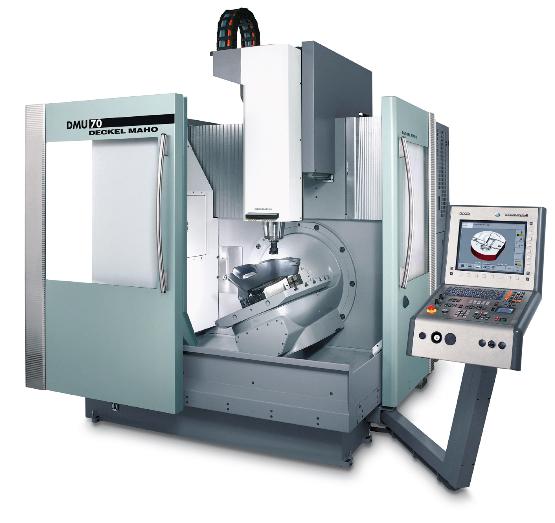Machine tool consumption in the EU is expected to rise to €16.9 billion in 2017 (+5.6% over €16.3 billion for 2016.)

“Given that the enhancement of production efficiency on a continuous basis has been an everlasting commitment for both our industry and our customers, artificial intelligence and machine learning offer a tremendous opportunity for automation, increased engineering efficiency and reduced costs,” stated Luigi Galdabini, president of CECIMO.
Specifically, CECIMO called for better public-sector/private-sector cooperation toward European development, deployment, and use of artificial intelligence. The association also endorsed “data-driven solutions for process optimization,” including removing barriers to data sharing and data mobility, and self-regulatory codes of conduct for data portability.
Finally, CECIMO renewed its call for a voluntary European certification and labelling scheme, toward a framework that will increase data security “in the IoT era.”
“Artificial intelligence” (AI) describes the process by which computer systems execute tasks that normally call for human involvement, such as visual perception, speech recognition, decision-making, and translation between languages.
By extension, “machine learning” is the process of applying AI to guide systems synthesize results from decisions and tasks, and then incorporate those results as “experience,” so that a machine can automatically learn and improve from experience, without explicit programming to achieve those results.
“Machine learning” also refers to the development of programming functions that allow a machine or system to access data and use it to learn.
Both AI and machine learning have wide application in manufacturing technologies, and are critical functions for the application and expansion of digital manufacturing and Industry 4.0 protocols.
Advocating for coordinating policies on technological issues like AI and machine learning is not surprising for CECIMO. In recent years, the group has consistently emphasized the need for region’s public and private authorities to define and support a competitive industrial strategy, including financial incentives; argued for accelerating commercial industrialization of emerging technologies, like additive manufacturing; argued for public support to train individuals in skills for new manufacturing technologies.
Reinhard Bütikofer, a German Green Party representative to the European Parliament, offered that, “advanced manufacturing, digitization, and resource (sic) are three major, transformative challenges for European manufacturing industry. We must deal with them on the basis of a comprehensive integrated European strategy. That’s the context in which AI plays a crucial role.”

 Industry News
Industry News